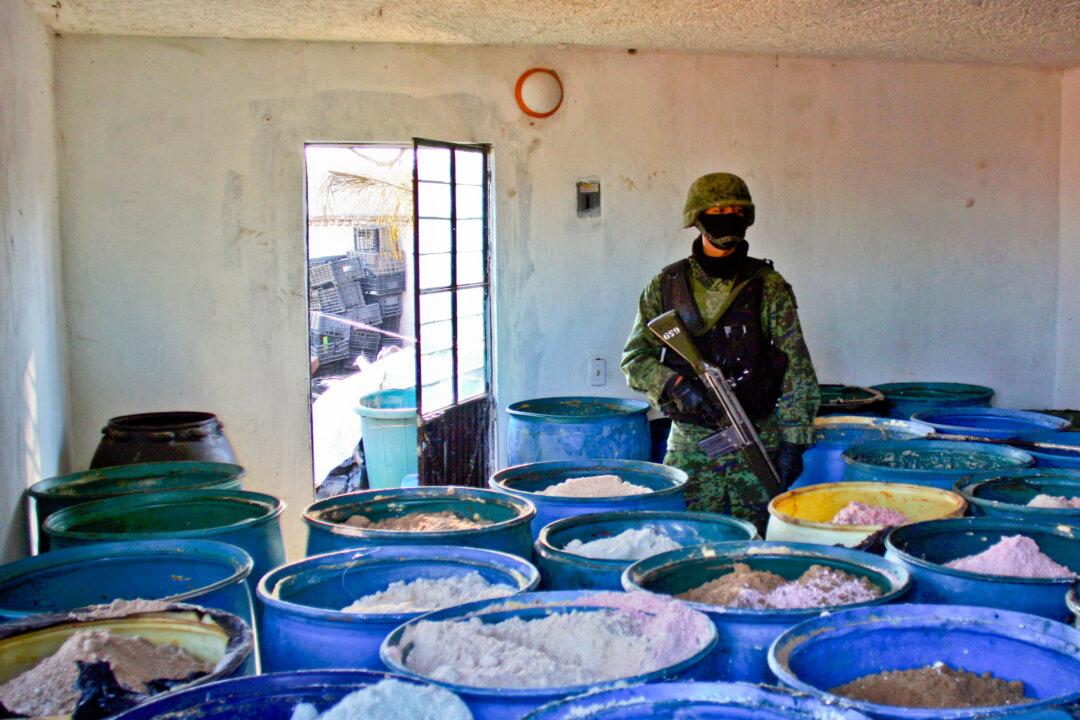WASHINGTON—The insidious Chinese presence in the drug trafficking arena has been growing for years. It now dominates the global money laundering business and chemical production—both critical services to cartel operations in Mexico, Colombia, and beyond.
Chinese criminal networks supply tons of drug-making chemicals and launder billions of dollars for cartels, yet most of the attention is focused on the territorial gun battles south of the border, or when a kingpin such as Joaquin “El Chapo” Guzman is arrested.





